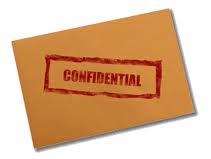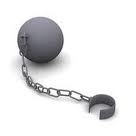A Vista driving under the influence trial concluded with a finding for guilt on three counts of gross vehicle manslaughter this week, according to 10news.com.
San Marcos resident, Debbie Sumi, 36, was in a vehicle that crashed into the back of another car that was parked on the shoulder on westbound 78 near Sycamore Avenue in August 2010. Her blood alcohol concentration, or BAC, was reported as .27 and .28 and she was ejected from the car.
Escondido resident, Susana Orozco, 23, and Erica Oliva, 23, of Fallbrook, were standing on the side of the road by the parked car and were killed. The defendant’s fiancé, Larry Alvarez, 34, was partially ejected and also died at the scene.
Gross vehicular manslaughter while intoxicated is a felony. According to the California Criminal Jury Instructions, CALCRIM 590, in order for the jury to find a defendant guilty of this charge, the prosecutor must proof beyond a reasonable doubt:
- The defendant drove while under the influence of an alcoholic beverage and/or drug;
- While driving that vehicle while under the influence, the defendant also committed a misdemeanor, infraction, or an otherwise lawful act that might cause death;
- The defendant committed that misdemeanor, infraction, or otherwise lawful act with gross negligence; and,
- The defendant’s grossly negligent conduct caused the death of another person.
The defense argued that Alvarez was the driver of the vehicle, not Sumi. The jury did not accept this argument and they convicted her on the three counts of gross vehicular manslaughter. She is facing up to 14 years in prison when she is sentenced on January 8th.
 San Diego DUI Lawyers Blog
San Diego DUI Lawyers Blog





 Once a
Once a  A driver is arrested in San Diego County and is charged with
A driver is arrested in San Diego County and is charged with  In California, including San Diego County, when a driver is arrested for
In California, including San Diego County, when a driver is arrested for 
 Recently, the Colorado Senate attempted to treat
Recently, the Colorado Senate attempted to treat 